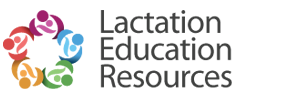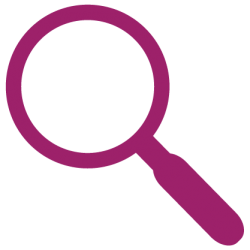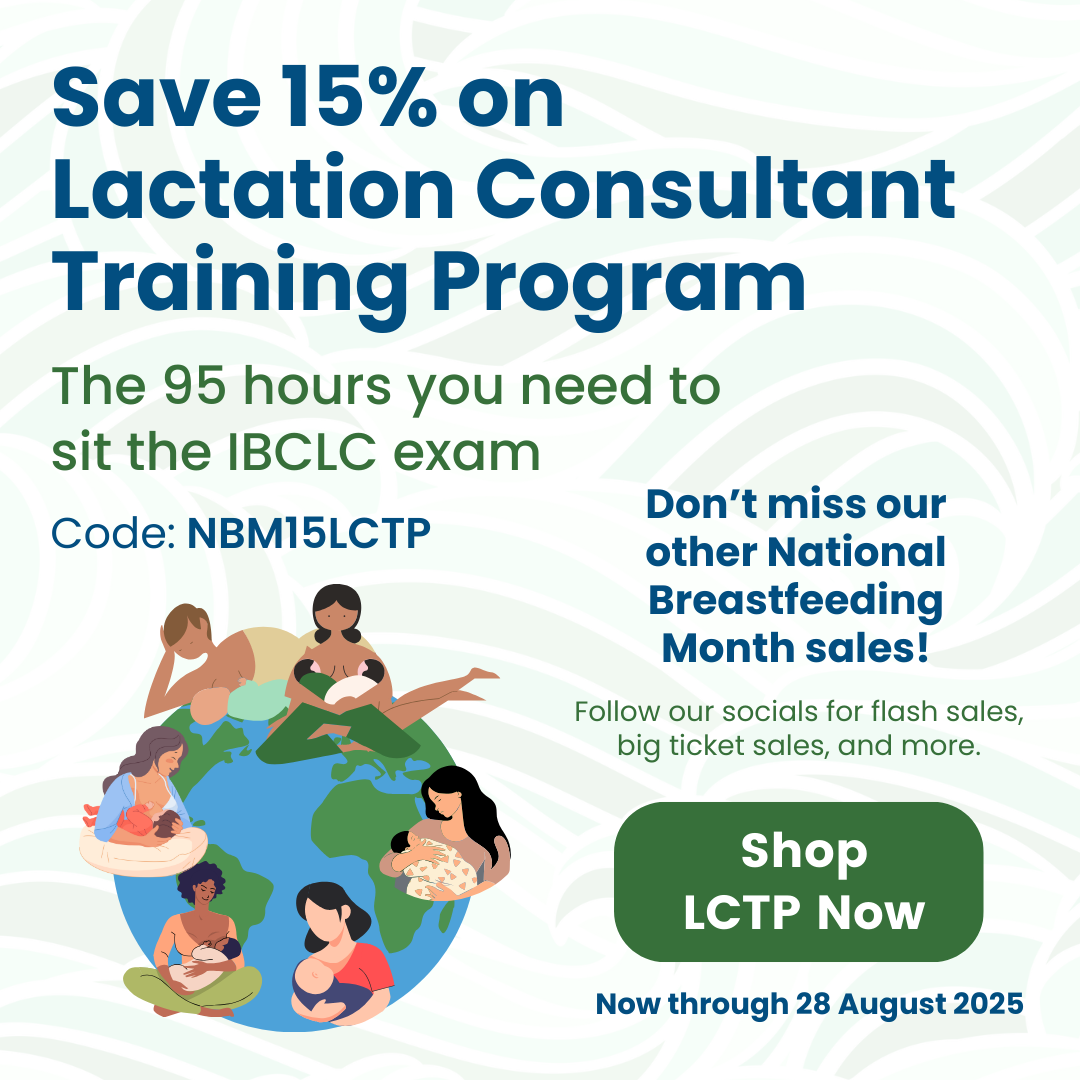Lactation Consultant Courses
Price: $99.00 USD
Price: $30.00 USD
Exam Review Practice Tests - Simulados Práticos para o Exame IBLCE
Esses três exames práticos, juntos, cobrem todas as ...
Price: $89.00 USD
Exam Review Practice Tests 2- Simulados Práticos para o Exame IBLCE dois
Esses três exames práticos, juntos, cobrem todas as ...
Price: $79.00 USD
Price: $99.00 USD
Price: $199.00 USD








